Forgiveness is not about forgetting. It is about letting go of another person's throat
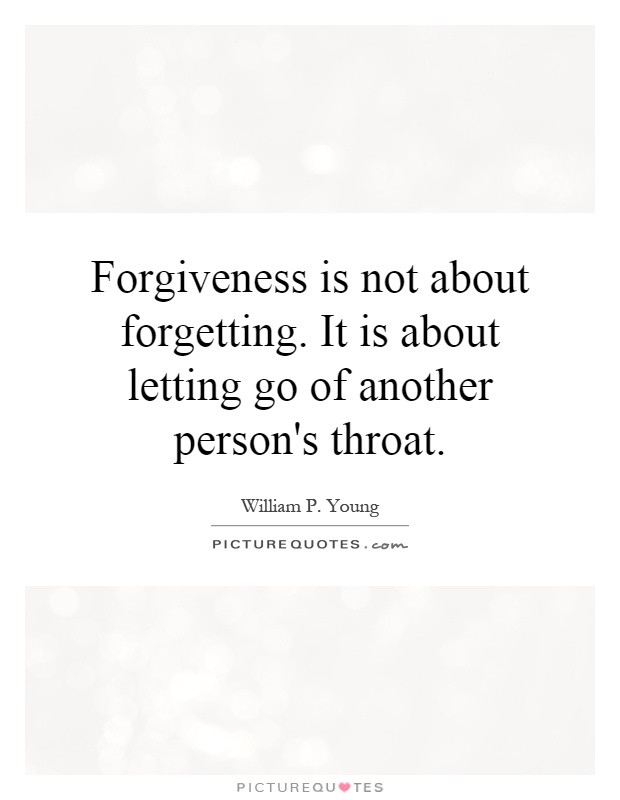
Forgiveness is not about forgetting. It is about letting go of another person's throat
William P. Young, the author of the best-selling novel "The Shack," is no stranger to the concept of forgiveness. In his book, Young explores the idea that forgiveness is not about forgetting the wrongs that have been done to us, but rather about letting go of the anger and resentment that we hold towards those who have hurt us. This powerful message is one that resonates with readers around the world, as it speaks to the universal human experience of pain and suffering.In the context of "The Shack," forgiveness is portrayed as a transformative and healing process that allows the protagonist, Mack, to find peace and redemption after a tragic event tears his family apart. Through his interactions with God, Jesus, and the Holy Spirit, Mack learns that forgiveness is not about excusing the actions of others or pretending that the hurt never happened. Instead, it is about releasing the grip of anger and bitterness that holds us captive, and choosing to let go of the need for revenge or retribution.
Young's message that forgiveness is about letting go of another person's throat is a powerful reminder that holding onto grudges and resentment only serves to harm ourselves. By clinging to the pain of past hurts, we are essentially allowing the person who hurt us to continue to have power over us. In order to truly move forward and find healing, we must be willing to release our grip on the past and choose to forgive, even when it feels impossible.
Forgiveness, as Young portrays it, is a courageous act of self-love and compassion. It requires us to confront our own pain and vulnerability, and to choose to extend grace and mercy to those who have wronged us. By letting go of another person's throat, we are freeing ourselves from the burden of carrying around the weight of anger and resentment. We are choosing to release ourselves from the cycle of hurt and pain, and to open ourselves up to the possibility of healing and reconciliation.

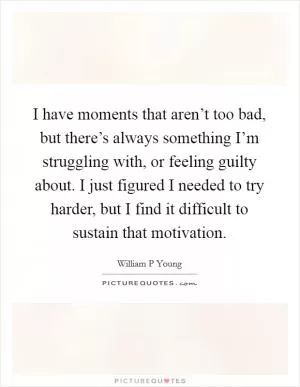
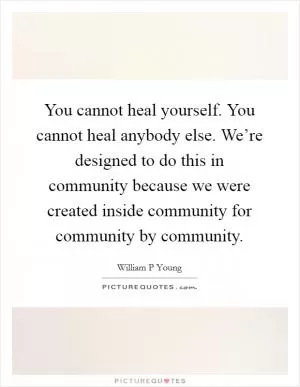
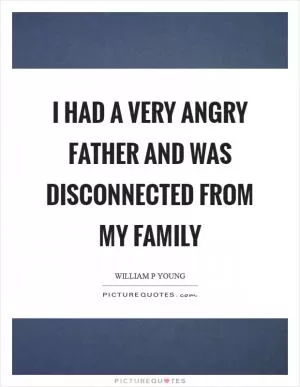
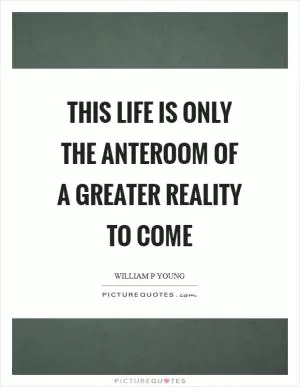

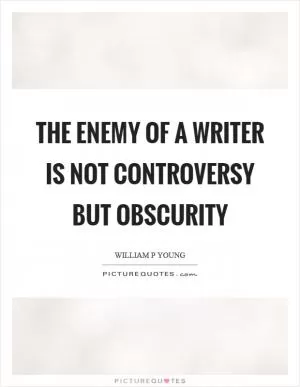
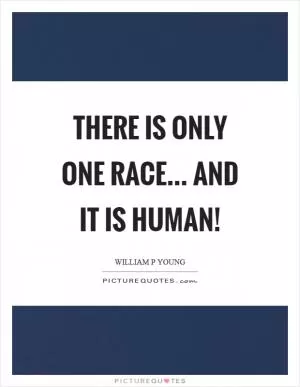
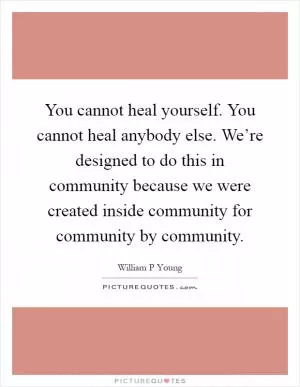

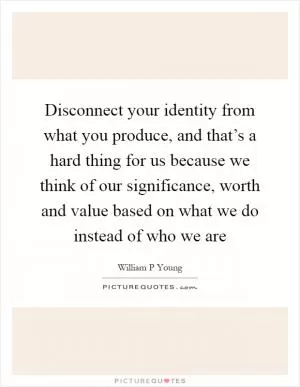

 Friendship Quotes
Friendship Quotes Love Quotes
Love Quotes Life Quotes
Life Quotes Funny Quotes
Funny Quotes Motivational Quotes
Motivational Quotes Inspirational Quotes
Inspirational Quotes